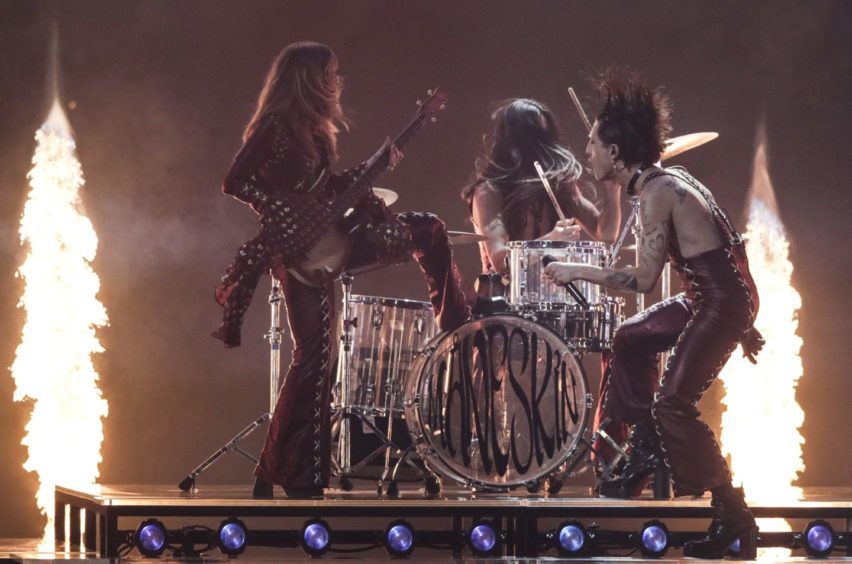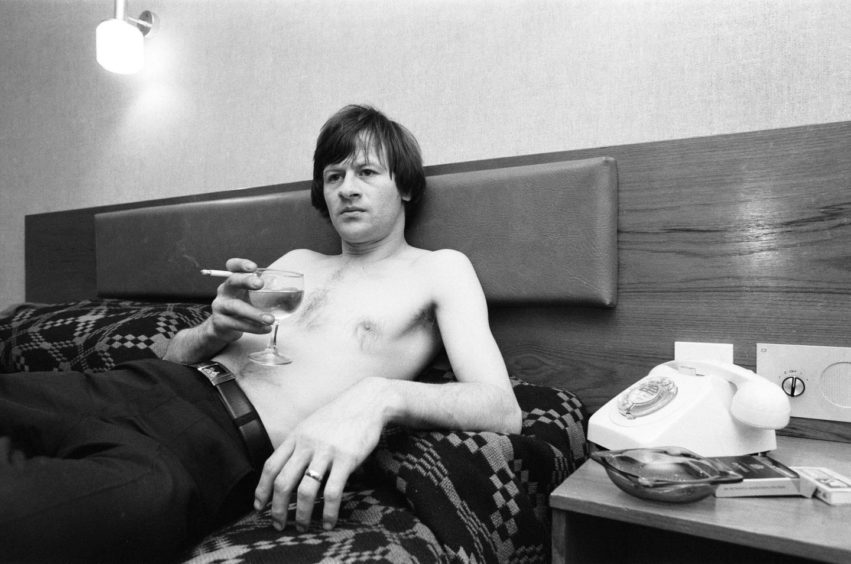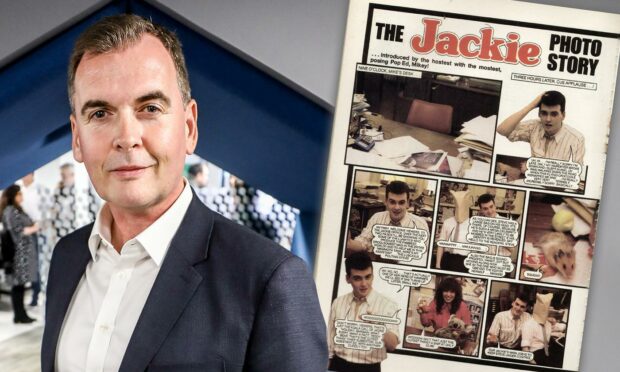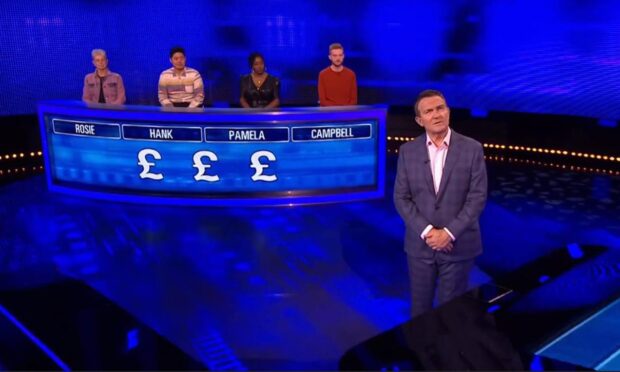Who would have thought that the expected post-Covid (we hope, let’s not get ahead of ourselves) cultural revolution would kick off with that standard-bearer of all things kitsch and borderline awful, the 65th Eurovision Song Contest?
What a blast of normality it was to turn on social media last Saturday night and be greeted by viewers declaring once again that they were “only watching this by accident, you know” as they showed off their unexpectedly expert knowledge of Lithuanian disco-pop.
It wasn’t so much the music at the contest in Rotterdam which inspired, although the industry has changed a great deal since the days of proud rock vs. pop territorialism, and there was a lot of diverse credibility amid, for example, Ukraine’s folksy, antler-strewn techno, the upbeat afro-soul of the host nation’s entry, and of course, the show-off, emo-fringed glam of Italy’s winning Zitti e buoni, by the cartoon-outrageous Maneskin.
Instead, it was just the simple joy of singers and musicians performing together before their watching peers – carefully socially-distanced so as to appear like a thronging crowd – which brought a sense of relief that the contest was back.
That’s not the usual reaction for many when they turn on the telly to find that Eurovision’s swallowed Saturday night, granted, but which killjoy was going to deny this riot of life and enjoyment right now?
Let’s face it, the UK’s song was pedestrian…
As sure as Cyprus were going to send their 12 points in the direction of Greece, it always seemed certain that the United Kingdom weren’t going to be in the running for the prize, but that’s as much to do with the pedestrian pop pyrotechnics of the song chosen as any political concerns.
The idea that the ‘big five’ countries get a bye into the finals without having to make an effort is an anachronism, and it’s time the UK started treating the contest with Song for Europe-level seriousness again if it wants to get anywhere.
Still, James Newman took his embarrassing double-nil-points in good spirits, an example of sportsmanship and humility on behalf of the nation, and most at odds with Amanda Holden’s rabbit-in-the-headlights points-giving cameo.
She appeared stunned at the concept of foreign languages even as every other judge – including a 10-year-old Greek boy, for goodness’ sake – spoke in clear and perfect English.
Ever wry in his commentary, you could just about hear Graham Norton’s eyes roll in their sockets.
The Gods Of Snooker
Speaking of contests which everyone associates with the 1970s, Gods of Snooker, whose third and final episode was on BBC Two on Sunday night, was a real treat, as you might expect from a show executive produced by Louis Theroux.
It packaged the well-told tale of Alex ‘Hurricane’ Higgins, a story of triumph and tragedy which would find a home in Hollywood, with the exploits of the game’s unusual ensemble of other characters from the ‘70s to the ‘90s.
A gripping, Netflix-style collision of unlikely people and true-life circumstance, it (re)introduced us to the cheekily modest Denis Taylor, all-conquering hero-turned-villain Steve Davis, and the plucky but troubled Jimmy White.
The story ended with the advent of Scotland’s own Stephen Hendry – dismissed as a personality-free snooker machine at the time, but an easy and amusing raconteur here – and left us pining for less innocent times.













